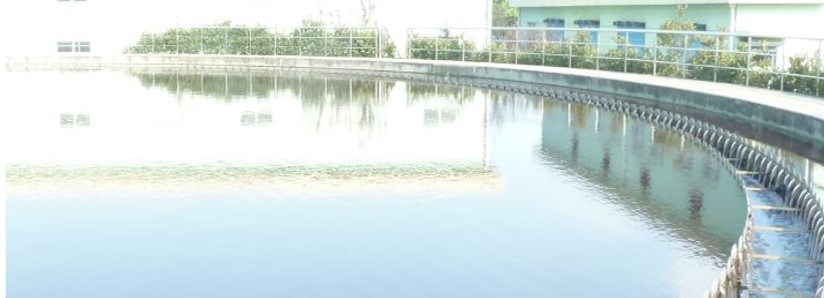Executive Summary
Unit processes in centralized wastewater treatment could be severely affected in colder climates; settling velocity reduces, lower activity of microorganisms, slower floc build up, etc. Thus, to achieve the same treatment capacities and efficiencies as during summer, the treatment plants have to be bigger and require higher coagulant dosages and polymers.
Background
Wastewater treatment is affected by several factors in cold climates: lower temperatures in wastewater in general due to lower ambient temperatures and higher inflows with diluted wastewater during snow melting. Lower temperatures often leads to severe reductions in treatment capacities and treatment efficiencies. The treatment requirements do not vary on seasons, thus plants in colder climates must consider the need for increased volumes, chemicals etc.
Learning objectives
At the end of this lecture students will be able to:
- Understand the reasons for weaker performance of unit processes in cold climates
- Understand Impact on specific unit processes
- Propose solutions to overcome weaker performances in colder climates


